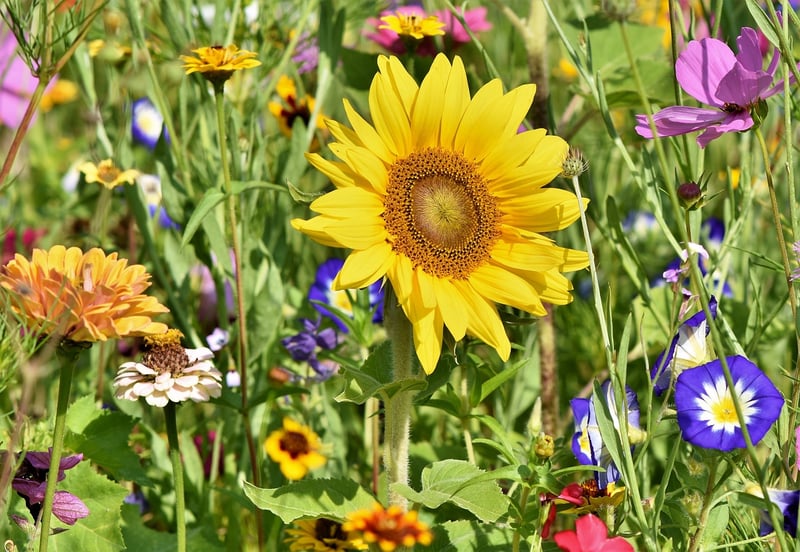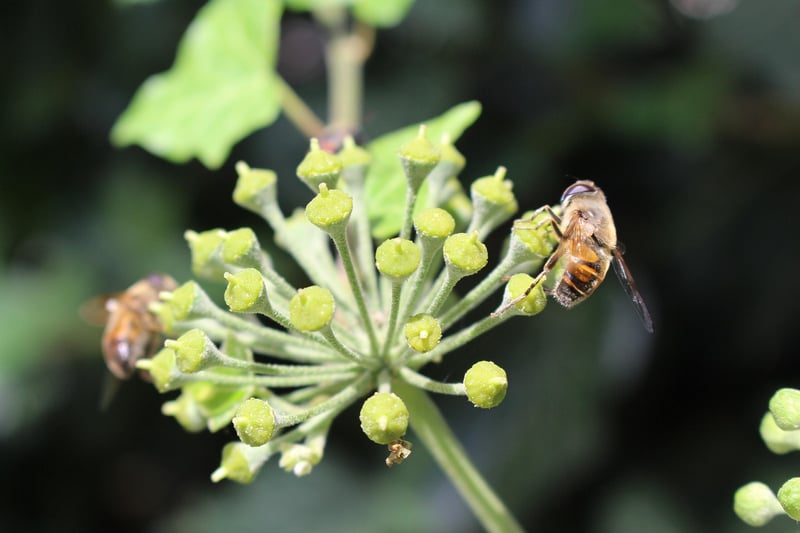Permaculture Tips
Eco-Friendly Gardening and Permaculture Tips

Are you looking to create a sustainable garden that not only benefits the environment but also provides a bountiful harvest? Eco-friendly gardening and permaculture offer innovative solutions to cultivate a thriving garden while minimizing your ecological footprint.
What is Permaculture?
Permaculture is a design system that mimics natural ecosystems to create productive and regenerative landscapes. By integrating principles such as diversity, interdependence, and sustainability, permaculture aims to create self-sustaining and harmonious environments.
Eco-Friendly Gardening Tips:
- Use organic and locally sourced materials to enrich the soil and reduce chemical inputs.
- Conserve water by implementing techniques like mulching, rainwater harvesting, and drip irrigation.
- Plant native species to support local biodiversity and reduce maintenance requirements.
- Compost kitchen scraps and yard waste to create nutrient-rich soil amendments.
- Encourage beneficial insects and pollinators by planting flowers and providing habitat.
Permaculture Practices:
- Design your garden to maximize sunlight exposure and natural airflow for optimal plant growth.
- Implement polycultures by interplanting complementary species to enhance resilience and productivity.
- Create functional zones within your garden based on water needs, accessibility, and plant interactions.
- Utilize natural pest control methods such as companion planting and beneficial insect habitats.
- Practice regenerative techniques like no-till gardening and perennial plantings to improve soil health.
By incorporating eco-friendly gardening practices and permaculture principles into your gardening routine, you can create a thriving and sustainable oasis that benefits both you and the environment.

Start your journey towards a greener garden today and enjoy the abundance of nature while treading lightly on the earth.
For more information on eco-friendly gardening and permaculture, check out Permaculture Research Institute.
